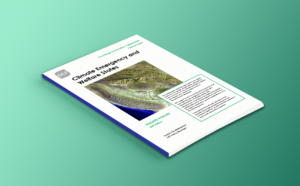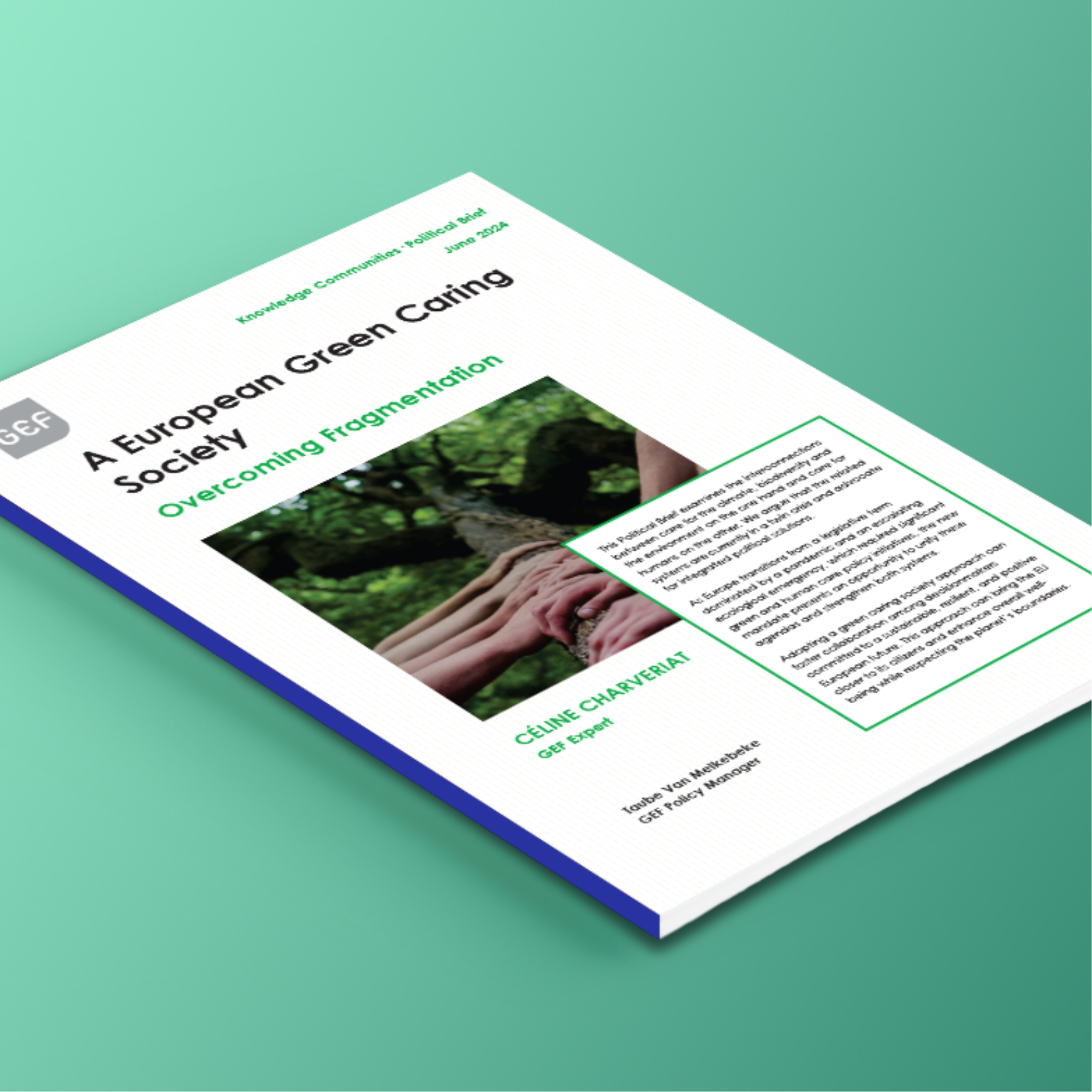GEF’s Knowledge Communities address a diverse set of topics. They are built around and with (a) central expert(s), who deliver(s) a political stock-take political proposals and ideas for discussion with a wider group of actors. For this Knowledge Community, GEF works together with Philippe Pochet, on the topic of “Advancing the EU’s internal market”.
About the Knowledge Community
2023 marks the 30th anniversary of the launch of the internal market, with the adoption of the Single European Act and the White Paper on the completion of the internal market. It was a year to celebrate achievements (EP, 2023, European Commission 2022, 2023) but also to reflect on new challenges and prospects.
The European Single Market has led to the expansion of intra-European trade, increased competition and foreign direct investment, job creation and revived labour markets. This has extended value chains and the complexity of intra- and extra-European networks, reduced production costs and boosted price competitiveness. But, while economic prosperity has advanced as the internal market integrated further, there is also a widespread understanding that integration has not been even across all domains, member states or even regions within countries.
The European Internal Market is mainly based on the fundamental economic objectives of harnessing competitive gains through comparative advantage and regional specialization, combined with the free movement of goods and people (Akgüç et al. 2022). It has however much less eye for environmental and social realities and repercussions. This asymmetric and unsystemic approach to integration, left the EU with many blind spots. The envisioned economic and social convergence did not happen and, even with the support of the EU funds, huge national and even more regional disparities remained.
As already presented elsewhere before (Pochet, 2022a, b), the “Alibaba” model – perhaps the best analogy of the way the internal market developed after 1992, i.e. providing the consumer with ever cheaper products from further and further away without any real regard for social and ecological concerns – has, also under influence of increasing pressures at the social, geopolitical and environmental front, become outdated. The European Single Market doesn’t seem to be fit for today.
Being at a critical juncture of a volatile geopolitical context and constantly evolving European economic, social and ecological transformations, we argue that for the Internal Market to reinvent itself, a bold new approach is necessary. A Single Market 2.0. needs to be able to face the challenges of the coming decades, with increased socioeconomic resilience and environmental sustainability at its core . It can do so by considering three key axes consisting of, namely, (i) the green transformation, (ii) economic resilience and (iii) social sustainability.
Related to this main message, the Knowledge Community aims at delivering political ideas to advance the internal market in a way that it delivers on wellbeing and sustainability in the EU. We want to explore how to put forward a social and environmental pact as the Single Market 2.0.
Expert
- Philippe Pochet, Affiliated Professor Sant’Anna School of Advanced Studies, Pisa
Political Briefs
A European Single Market for the Future: Towards a new social and environmental pact
 This Political Brief zooms into the future of the EU’s Single Market, a pivotal instrument to enable and promote the environmental and social transition, while bolstering the EU’s economic resilience.
This Political Brief zooms into the future of the EU’s Single Market, a pivotal instrument to enable and promote the environmental and social transition, while bolstering the EU’s economic resilience.
In the media
How can the EU single market break out of its historical straitjacket? EURONEWS

Get involved!
Would you like to join this Knowledge Community ? Get in touch by filling this form.
For further information, send an email to taube.vanmelkebeke@gef.eu!





